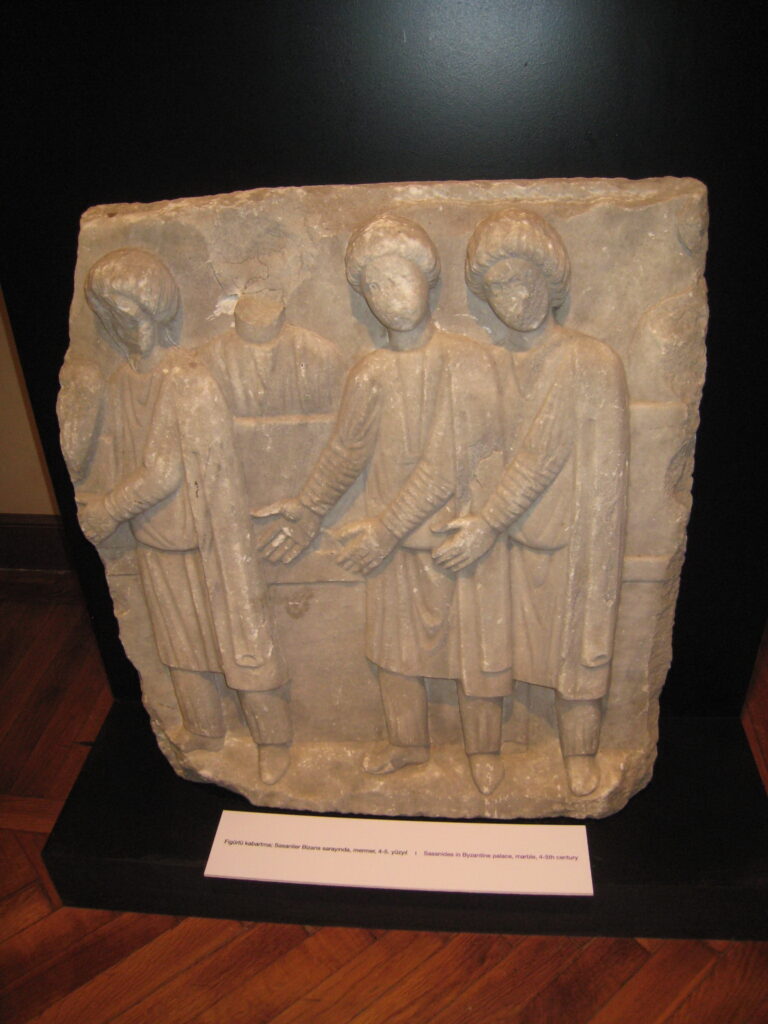Marzia Fiorentini (University of St Andrews – Sapienza Università di Roma) passed her viva with the PhD thesis ‘Tyrants in Late Antiquity: A Rhetorical and Historical Analysis of Claudian and Sidonius’, supervised by Roger Rees and Gianfranco Agosti.
Abstract:
The following thesis is a historical and rhetorical investigation of tyranny in the fifth century CE. The main focus of the work is Claudian (ca 370-404) and Sidonius (430-486), coupled for their literary and rhetorical kinship and for the similar role as panegyrists which they held in the Western court, between the rule of Honorius (395-423) and Anthemius (467-72). The historical introduction and the first chapter offer an analysis of different late-antique sources (both in Greek and in Latin), aiming for a definition of the differences between the labels of usurpator and tyrannus in the political vocabulary between the fourth and the fifth century. The central chapter moves, then, to the analysis of Claudian’s poems in hexameters, where the tyrannus does not correspond to any of the usurpers who rebelled during Honorius’ reign, but rather identifies with Stilicho’s political enemies: Arcadius’ minister Rufinus, the eunuch Eutropius, and the comes Africae Gildo. Such a new use of the label tyrannus determines a neat shift from its employment as a typical label for usurpers (as was still customary in the fourth century) to its vituperative use against a political enemy. Claudian’s scapegoats are characterised as tyranni and opposites of all Roman values who threaten the cosmic order granted by the concordia fratrum between Honorius and Arcadius, heading the Western and the Eastern court respectively after the death of their father Theodosius I. In Sidonius’ panegyrics to Avitus, Majorian, and Anthemius, analysed in the third chapter, Sidonius recovers Claudian’s mould of the tyrannus and adapts it to vituperate the new fearful enemy of the empire, i.e., the Vandal Gaiseric. Gaiseric is demonised in terms very similar to those used by Claudian against the African Gildo. While encouraging an enervated Romanitas to fight together (in the joint military effort of Anthemius and Leo I) against the new tyrannus, Sidonius attaches this political label to a barbarian aspiring to defeat and conquer the whole empire.


